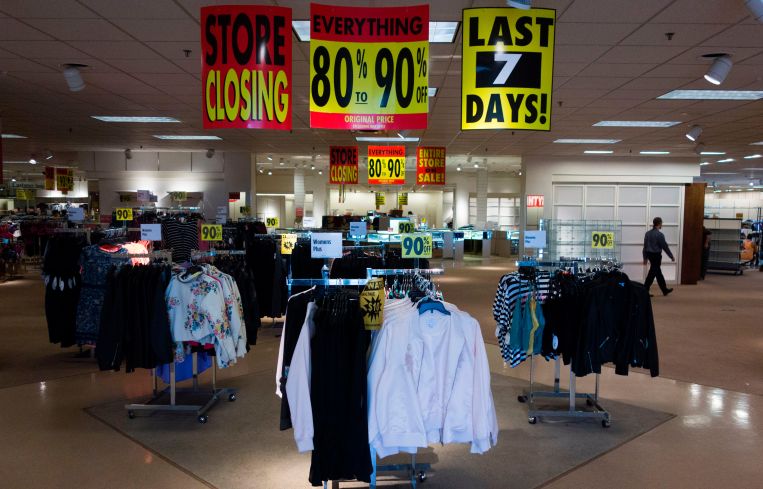Lodging and Retail Lead Property Types in Delinquencies
By Tom Acitelli September 8, 2020 9:44 am
reprints
Lodging and retail have had far higher rates of delinquency on financing than other property types during the coronavirus pandemic. Recently updated Cushman & Wakefield data shows 23.8 percent of loans backing lodging and 16.1 percent of ones related to retail were at least 30 days delinquent in July.
Compare that to office, multifamily and industrial, where the 30-day delinquency rates in July were 3.3 percent, 2.4 percent and 1.2 percent, respectively. What’s more, the delinquency rates for lodging and retail were up markedly from July 2019, when lodging’s was 1.8 percent and retail’s was 4.4 percent.
The increases, of course, are due pretty much entirely to the fallout from COVID-19. The pandemic shut down hotels nationwide, and led several inns to close permanently. At the same time, it exacerbated trends in retail, including the rise (and rise) of e-commerce and the financing troubles of brick-and-mortar. Several prominent retailers might never reopen post-pandemic, and their spaces are now ripe for repurposing.
The same Cushman & Wakefield report that included the delinquency breakdown also estimated that 426 Class B malls nationwide “will need to redevelop dead anchor space. Most will need some level of redevelopment.” And the “weakest” of these Class B properties are on the same trajectory as the 334 Class C and D malls that the brokerage reckons will be redeveloped (into Amazon warehouses perhaps?).
As for industrial’s low delinquency rate compared with other property types, that too is a side effect of the pandemic. The boom in e-commerce has accelerated the demand for last-mile and other delivery and distribution space, particularly in denser urban areas. It’s a good time, in other words, to be in industrial and a challenging time to be in retail or hotels.



